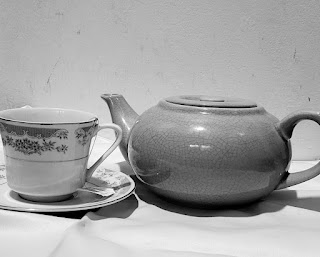Many people are probably are unaware that if you ever wanted to write an Op-Ed for "The Washington Post", you don't have to have a degree, neither be famous. Their editors do read your opinion. They will publish it regardless of your position in life, socio-economics, race, color, religion creed, culture, etc...
They will publish it based on timeliness, single thought (remaining direct), size (750-800 words), topic, appropriate language and a few other (read their rules, too you should also know you may be asked for footnotes) stipulations. Their editors do help edit your piece. You do have to give your name to the article (with very few exceptions).
The reason why I am encouraging this, is two-fold. First, it is good to know that self-expression properly done through writing is recognized; even by a large news media such as The Washington Post.
Secondly, hopefully this knowledge will help people become more interested in researching different media outlets to ponder longer on any areas they are concerned with. As you read other people's thoughts, it doesn't matter whether you agree with the angle of the article. It matters that you know what and how other people are thinking. Learning how other people are thinking, may help you become interested as to why they have their view that may or may not differ from yours. It could be their socio-economic stature, culture, and so forth. This brings me to what fmr. United State Secretary of State Madeline Albright would declare something that was always needed, "STATESMANSHIP".---Jody-Lynn Reicher

Comments
Post a Comment